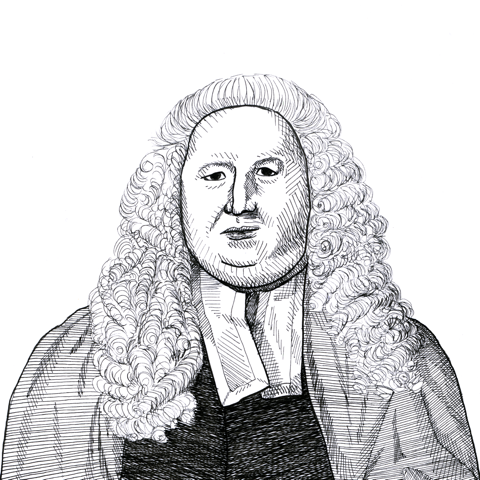
Sir William Blackstone differentiates between “absolute rights” of individuals (natural rights which exist prior to the state) and social rights (contractural rights which evolve later) (1753)
Found in: Commentaries on the Laws of England in Four Books, vol. 1
Blackstone argues that government exists principally to protect and enforce the absolute or natural rights of individuals which exist prior to the formation of the state:
Natural Rights
[T]he principal aim of society is to protect individuals in the enjoyment of those absolute rights, which were vested in them by the immutable laws of nature, but which could not be preserved in peace without that mutual assistance and intercourse which is gained by the institution of friendly and social communities. Hence it follows, that the first and primary end of human laws is to maintain and regulate these absolute rights of individuals. Such rights as are social and relative result from, and are posterior to, the formation of states and societies: so that to maintain and regulate these is clearly a subsequent consideration. And, therefore, the principal view of human laws is, or ought always to be, to explain, protect, and enforce such rights as are absolute…